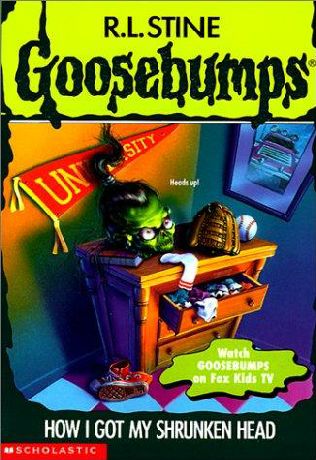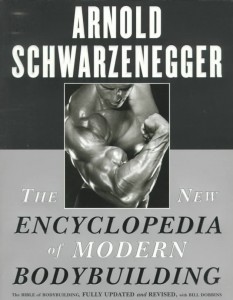- Joined
- Nov 11, 2008
- Messages
- 36
- Reaction score
- 0
Does anyone know of any books that may give new insight or perspective on becoming a doctor? The book doesn't have to have been written specifically for pre med students, but I'm looking for a book that touches upon the questions of what is most important for being a good doctor and why along with other questions that might be pertinent. Also, maybe some books that have to do with the ethics that may be involved in treating patients would be nice.
As it's getting closer to time to turn in my applications and write my personal statement, I'd like to research different view points on these questions.
Thanks in advance.
As it's getting closer to time to turn in my applications and write my personal statement, I'd like to research different view points on these questions.
Thanks in advance.



 I'd never thought of it that way!
I'd never thought of it that way!